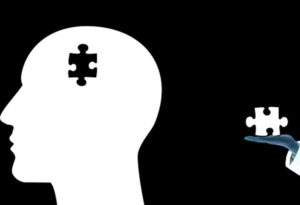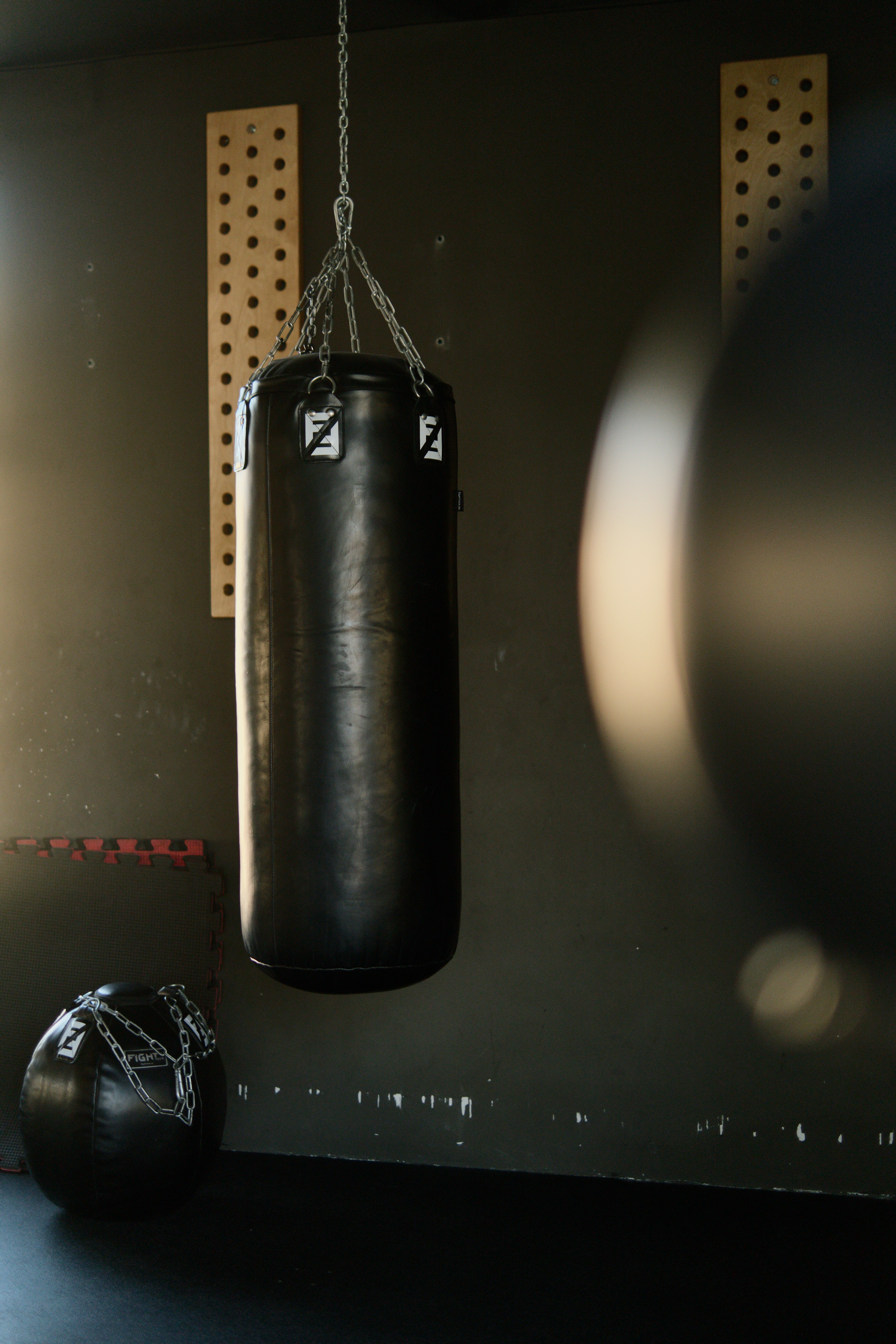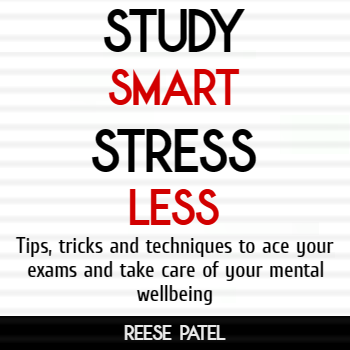The dangers of traditional self-help
(≈8 min read)

Before I begin outlining the potential pitfalls of traditional self-help, it’s important I first address my motivation for creating this site.
To put it simply, I’m fully aware that one day I’m going to die (pleasant thought, I know). I made this site because I want to share with the world all the ideas I have, all the exploration and digging I have done on life and what it means to be human before that day comes.
This site was made so others don’t have to make the same mistakes I did. I write because if there’s even the slightest chance to help others through a similar problem to one I’ve experienced, I feel it’s my moral obligation to do so. I’m aware that sounds somewhat sanctimonious and cliché or whatever, but it’s true.
Whenever I experience a problem in life, I’ll read multiple books, watch multiple videos, read the research, and implement what I’ve learnt in my own life and only after that share all the best tips that have worked for me personally in an article. When one of you sends me a DM on twitter or an email to tell me how an article you read helped you, it genuinely is one of the best feelings in the world.
This might sound surprising but the website is also incredibly useful for me too. Any time I feel myself beginning to struggle in a certain area of life, I know I’ll be able to find on this site a reminder of what’s worked in the past. As someone who has a lot of ideas about life, someone who thinks too much, I prefer to get those ideas out as opposed to letting them fester within and slowly eat away at me.
I didn’t design this site to tell you how to live your life; I designed it to give you helpful tools so you can figure out how to live your best life. I don’t want to write your narrative but rather help you discover how you want to write your own narrative.
Without further ado, here are few things to bear in mind if you’re someone who enjoys consuming traditional self-help content.
Sometimes you need to figure problems out by yourself
Every article I write is designed to feed you some information that I believe might be useful in your quest to live your best life. As I’ve mentioned before, all I’m doing is providing you with the tools, the information I view to potentially be of use; you can then use (or not use) that information in whatever way you see fit.
There’s a tendency for people to believe that by simply reading an article, their associated problem will instantly vanish. If only. We’re all looking for easy solutions; our brains’ gravitate towards the things that provide the most pleasure for the least pain.
But your brain and your body and the way you’re built is different to any other person on this planet.
The advice I give is general; I don’t know you personally. And that means, the advice given, followed through to the letter, might help some people but might not make any difference to you.
You know you better than anyone. And so when I or anyone else gives you advice, it’s down to you to try what’s suggested, if you think it sounds reasonable and see how it pans out. If it works out then great! But if not, then that’s fine too.
Self-improvement is not an easy process – you’re not going to get better from a single article. The way you improve is by making the decision to read as broadly as you can, try as many techniques you think feasible and settle on the ones that actually work for you.

This website alone will not give you the key. It’s down to you; watch YouTube videos, read books, try new things, continue to adapt and make changes.
Don’t get lost in thinking there is a miracle solution because there’s not. To actually figure out what works for you, you have to actually try the methods suggested to see if they make a difference.
As I’ll discuss in the next section, simply reading for that shot of short term motivation will sadly not be enough.
Self-help has the potential to be a kind of avoidance
As with all self-help, there’s a tendency for us to read solely for that sudden shot of short term inspiration that makes us temporarily feel good. But that ‘feeling good’ and increased motivation won’t last long. For most of us, after a week perhaps, we’ll forget all the ideas a book has taught us for the rest of eternity.
You might notice that most people who read self-help are reading tens or hundreds of books which are all giving very similar advice. Why is this?
Well it’s for that shot, that dopamine rush we get after finishing a book, that feeling where we think this time is really the time we’re going to change our life. But then that feeling subsides and we realise that we’re exactly the same person as the person before the book.
We realise we’ve lost motivation and need it back. And what’s the easiest way to do this? Well, through another book. The cycle continues.
Yes, I would recommend reading as much as possible; knowledge is power. But don’t read blindly. Don’t read solely for motivation. Read and actually try the techniques suggested to you.
Most of the bestselling self-help books will include much more useful information than you could ever implement in your own life. So once you read one, instead of moving instantly onto the next, take a few months to actually sit down and try the things it’s telling you to try.
It’s so easy to just read one book and proceed to immediately move on to the next. But don’t fall into that cycle.
Self-help can make you feel worthless
It’s common for readers of self-help to fall into this trap of believing that there’s already something fundamentally wrong with them that needs fixing.
As you read article upon article about how you should meditate and practise gratitude and exercise and be more productive and turn into a procrastination deficient robot, you might begin to realise that you’re actually doing none of this stuff in your own life already.
And with that realisation comes the dangerous risk of believing that you’re not good enough and that somehow implementing these tips will make you feel good enough.
They won’t.
Advice is best taken on board and used most efficiently when there is an understanding that you are good enough already, just how you are. Failing to achieve a goal you’ve devised is totally normal and doesn’t make you any ‘worse’ a person. I know it sounds cliché but who you are right now, in this moment…you’re enough. You’re enough just as you are.
That doesn’t mean that you shouldn’t try to improve yourself. Of course try. But at the end of the day, all that really matters is just that: that you’re trying.
You’re waking up every day and trying the best you can. And that’s enough. If you have people to love and people who love you then who really cares.
Before reading self-help you should really question why you actually want to improve your life? What’s your real motivation?
Do you want to be successful to impress others? Are you just trying to feel better in your own skin? Are you using achievement to cover up deep-rooted insecurity?
If your response is based on some kind of comparison where you think that the current you is not good enough in comparison to others, then no amount of self-help or improvement will help.

Love, connection and meaning will always transcend self-improvement and without them in your life to start with, you’re not addressing the underlying issue. No matter how productive or healthy or athletic you are there’ll always be someone better than you, someone who you can use to deceive yourself into believing that current you is not good enough.
And as I’ll later discuss in more detail, no matter how much you achieve, you’ll always be able to set another goal that doesn’t lead to freedom. That’s why I’d always advise, if you’re striving to achieve something, to always focus on loving the journey as opposed to getting to the desired outcome.
There is a huge body of literature to suggest that we get significantly more contentment from chasing our goals than we do from actually achieving them.
So yeah, use this site to try and improve as a person. But as you’re improving yourself please always remember the things in your life that are truly important to you, always remember that you’re changing for you and nobody else and always remember that no amount of improvement is going to make you ‘feel good enough’. That’s a feeling that requires true self love and acceptance and a feeling that cannot be taught but which is entirely dependent on you.
Self-help will NOT ‘make you happy’
It doesn’t take incredible insight to know that countless self-help writers base their ideas off no real tangible evidence. They claim to have miracle solutions to ‘make you happy’, such as ‘get rich quick’ schemes or ‘happiness masterclasses’. But I firmly believe that you can’t buy happiness through a single course or book.
Happiness is a state, a temporary state that comes and goes. But nonetheless, a state that you can learn to improve the odds of accessing more often and a state you should feel blessed to feel when it’s present.
Ultimately, you can’t pursue happiness. Your goal in life cannot be ‘to be happy’. Why? Well because:
You can’t pursue what should be a side effect of other pursuits.
It’s just about learning which of these other pursuits maximise the odds of you feeling that state of happiness most frequently (another question I aim to explore on this site).
Self-help pushes the idea that life is all about achievement

Mike Tyson, one of the greatest boxers of all time said:
“The most insecure people in the world are the most powerful ones.”
This might sound strange, but I completely agree with him. As Tyson goes on to say: “If you’re secure in the position that you’re in, you’re in position to lose that position.”
Being powerful or having numerous accolades does not mean you are happy. The insecurity doesn’t fade, no matter how much power is accumulated, no matter how ‘good’ you are.
The truth is, you are not confronting the fundamental issues by achieving things but avoiding them. I remember coming to this realisation, and that’s when my exploration of what a meaningful life involves began.
I’m not saying you shouldn’t try and achieve things. We all need targets and we all need to endure suffering for those targets to be reached.
But there is no quick solution. You can’t have love without fear of rejection. You can’t achieve great things without fear of failure. Having somewhere to aim gives us a sense of direction; it provides an unordered life with structure. The issue comes when we begin to believe that simply reaching our targets will make us happy.
There’ll always be a gap between what you have and what you want and this gap makes us unhappy. But that gap will never close. No matter how much you have, it’s human nature to always want more. The urge to want things doesn’t stop when you reach the things you previously wanted; you’ll just come up with new things you need.

This means, if you’re not careful, you’ll spend your entire life climbing a mountain that never ends. You’ll tell yourself that when you reach the summit, happiness will finally arrive. But in reality, the summit simply doesn’t exist; every time you think you’ve reached it, you’ll see an even higher peak in the distance.
I’ve come to realise that most contentment in life is not derived from achievement and acquisition of goals. We deceive ourselves into thinking we have to do something great for our life to have meaning. But a meaningful life doesn’t have to involve fame or obscene wealth.
People live so they can make cake and fall in love and go to concerts and watch their kids grow and surround themselves with the people that make them happy. All the little things are really the big things because they are what make you you. Being grateful for what you have, getting out of bed each day, despite knowing you are going to be faced with adversity and trying and trying even when faced with failure, are all far more important than achievement when it comes to contentment.
Fame and wealth both disappear upon death. In a short time the entire memory of you will be gone from earth forever, like you never even existed. In my eyes, it’s better to focus on living fully in this life; whether that be through pursuing a career you love and working hard at it, even if it doesn’t bring you wealth or enjoying the little things, rather than striving for immortality through fame or money.
Death is the end (most likely). All you have is this time on earth; how you are viewed or remembered after death should be of little concern to you. It’s my belief that we shouldn’t deny the idea of death but embrace it and use it to decide how we want to live.
Nobody is perfect
In Charles Bukowski’s poem, ‘The Genius of the Crowd’, he says:
“those who preach god, need god
those who preach peace do not have peace”
And goes onto say:
“beware the preachers
beware the knowers”
This might seem strange, but it’s honestly one of my favourite poems of all time. To me, it perfectly outlines the absurdity of the human condition; the inherent tendency for contradiction to lie within us all; the inevitability of cognitive dissonance.
The world is full of contradictions: fat doctors telling you to lose weight, psychologists who need therapy, vets who eat meat, gym lovers who smoke, stand up comedians who are socially anxious…self-help writers who need help. Bukowski encourages people to cultivate their own beliefs as opposed to blindly take on advice from self-proclaimed ‘preachers’ or ‘knowers’.
I don’t claim to be a knower and I certainly wouldn’t regard myself as a preacher. I’m just another weird human wandering through life, trying to figure out how best to live in this world. And if I so happen to stumble across information I think might help you, I’ll happily share it.

From my experience, many self-help writers will ensure they are perceived as someone with no flaws or weaknesses; gurus who hold all the necessary knowledge to help you thrive in this world. They believe exposing the fact they suffer too will make the information they write less credible.
I believe the opposite; I think it’s important for any reader to realise that no matter how perfect someone’s life looks, that’s only a surface level representation of who they are.
You don’t know their struggles and what they are going through. No one is perfect; we’re all broken in our unique way. So if you’re looking for a self-proclaimed guru with no apparent flaws, then my apologies, you’re in the wrong place.
Yes, I’ve achieved a lot in my short life so far and I’d say from all the research and reading I’ve done, I know a fair amount about certain aspects of life, but as I’ve said before, achievement and knowledge do not make you happy.
Achievement and knowledge do not make you ‘better’ than anyone else. I’m not some kind of super-human who never feels sadness. I think it’s a really poor narrative that people who want to help you improve should be utterly perfect themselves.
A 1994 survey demonstrated that 84% of psychologists needed psychotherapy at some point in their lives themselves and the American Psychiatric Association conducted a study, published in 1980, which concluded that “psychiatrists commit suicide at rates about twice those expected [of physicians]”
Clearly, knowing an abundance of information on how to help people be more content doesn’t necessarily help the person giving that advice be content. Does the fact psychologists are themselves more prone to depression than the average person despite all the numerous methods they should know to help themselves render all the advice they give to their patients redundant?
The answer is no, and I’d go as far as saying that there is something to be said about enduring some kind of pain and suffering, finding ways to cope and sharing these ways to the world so maybe some person out there doesn’t have to go through what you went through.
As the great Robin Williams put it:
“I think the saddest people always try their hardest to make people happy because they know what it’s like to feel absolutely worthless and they don’t want anyone else to feel like that.”
When reading on this website, remember that I’m just a normal, ordinary, flawed human, a human who’s suffered and still suffers just as much as you. Through extensive reading and research I’ve found ways that have helped me to cope and I really hope sharing my insights can be in some way of use to you too.
So read, learn and if you have any questions feel free to contact me (via twitter), and I’ll try get back to you as quickly as possible!









